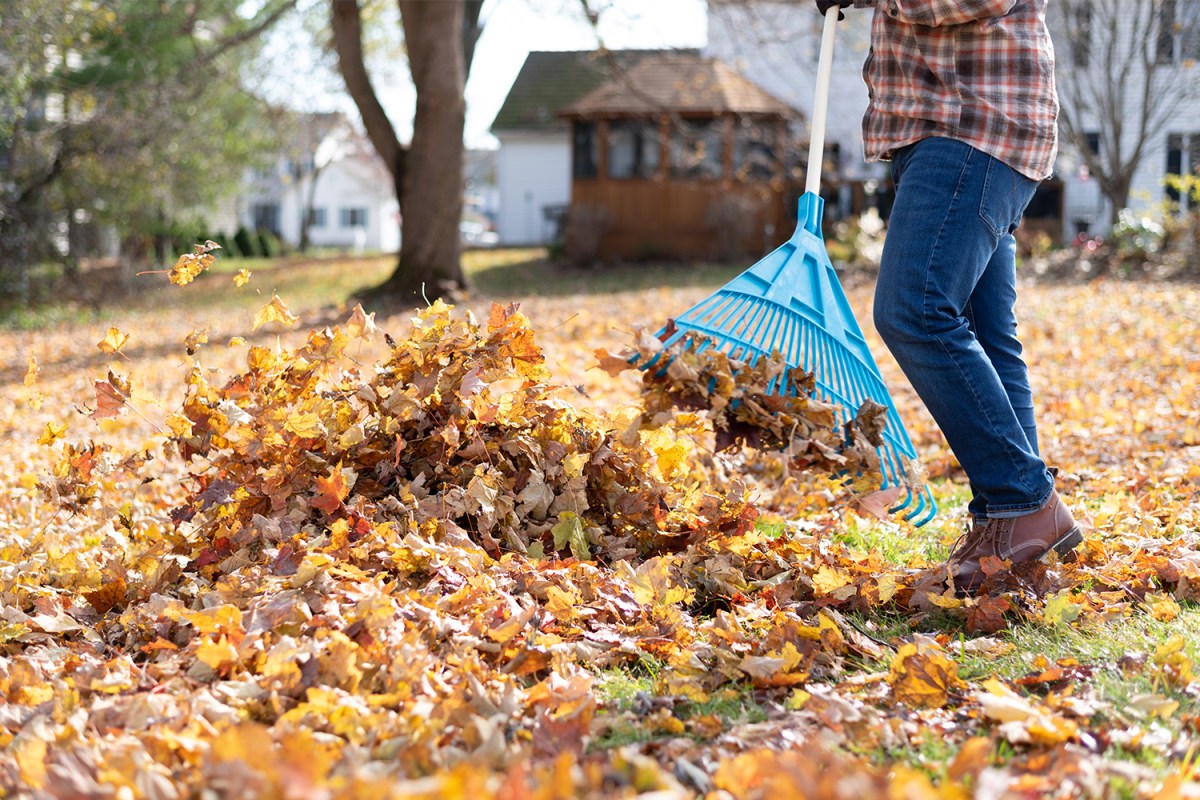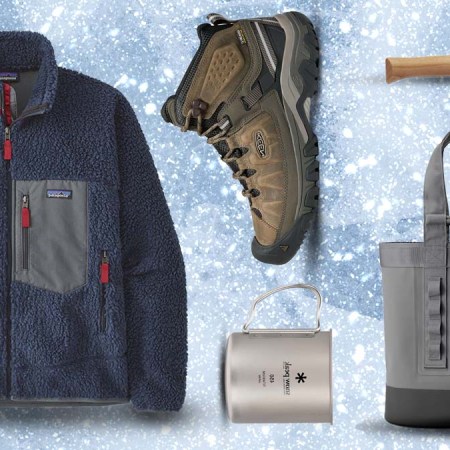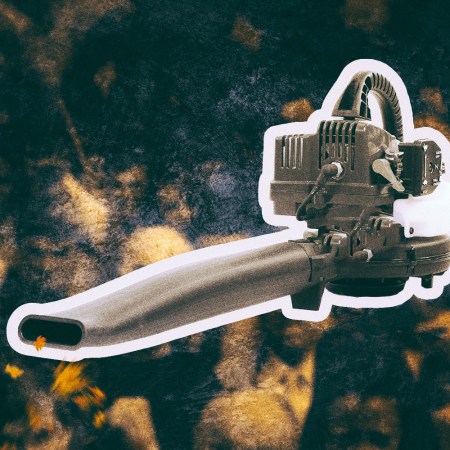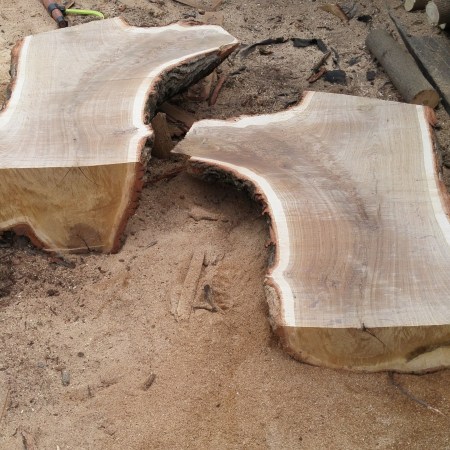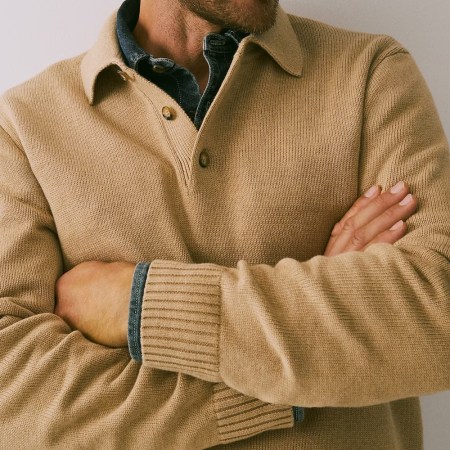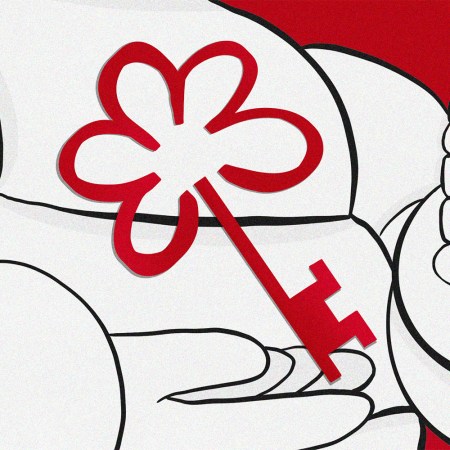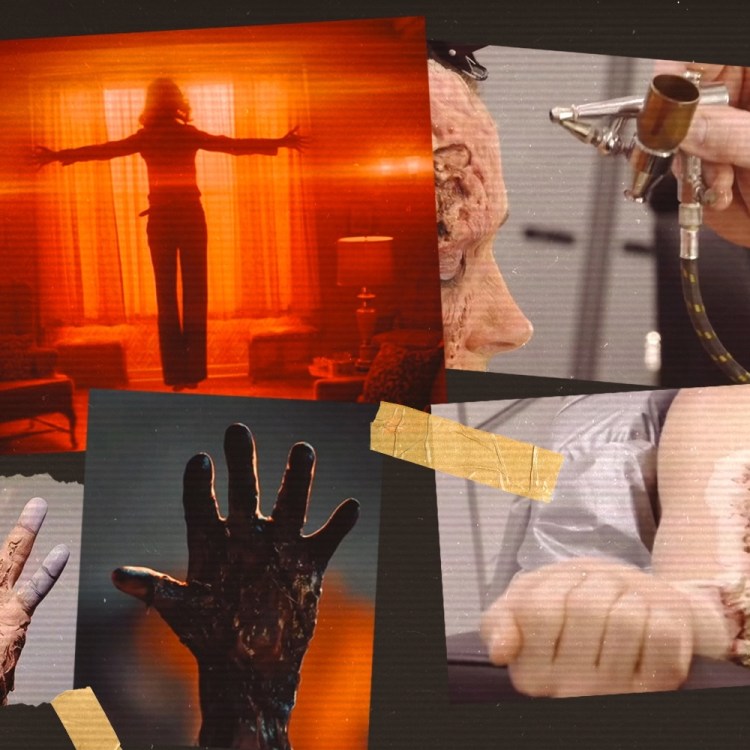Good news: You may not need to rake all your leaves this fall. But you’ll still need to do some lawn maintenance.
According to the Environmental Protection Agency, roughly 10.5 million tons of leaves end up in landfills yearly. But leaves are filled with nutrients and also provide a habitat for insects and small animals that could both help your yard and help feed the wildlife around it.
“Those nutrients [in the leaves] are being returned to the soil,” Susan Barton, a professor and extension specialist in landscape horticulture at the University of Delaware, recently told NPR. “But probably even more important than that, it’s the organic matter. It’s the fact that you’ve got this tissue that then eventually decomposes and improves the soil health.”
That said, you don’t want too many leaves on your property. Here’s how to manage them: First, run over a thin layer of leaves with a lawn mover (or cut them up however you choose); and then, yes, you’ll need to rake up excess leaves, although NPR suggests pushing them into landscape beds or gardens so they’ll turn into mulch. You can also use them in composting.
Another reason not to bring those leaves to landfills? It’s terrible for the environment. “At this time of year, unfortunately, a huge volume of leaves just go sit in those landfills and produce all this terrible greenhouse gas,” David Mizejewski, a naturalist at the National Wildlife Federation, tells USA Today. “The more we can keep that organic material out of the landfill, the better.”
It’s a tricky balance. Simply blowing the leaves into the street can affect drains and local waterways (also, leaf blowers are awful). But you also need to make sure those leaves aren’t around to clog drains in your home or apartment building, either. As well, some areas are at risk for wildfires, so you’ll have to do something with those dried leaves. It depends on where you live, but the Gardening Channel offers multiple options, including bagging the leaves for the next year (for mulching/composting), or donating them to gardeners and gardening programs.
Turns out your leaf-strewn yard will take some work after all.
Whether you’re looking to get into shape, or just get out of a funk, The Charge has got you covered. Sign up for our new wellness newsletter today.
